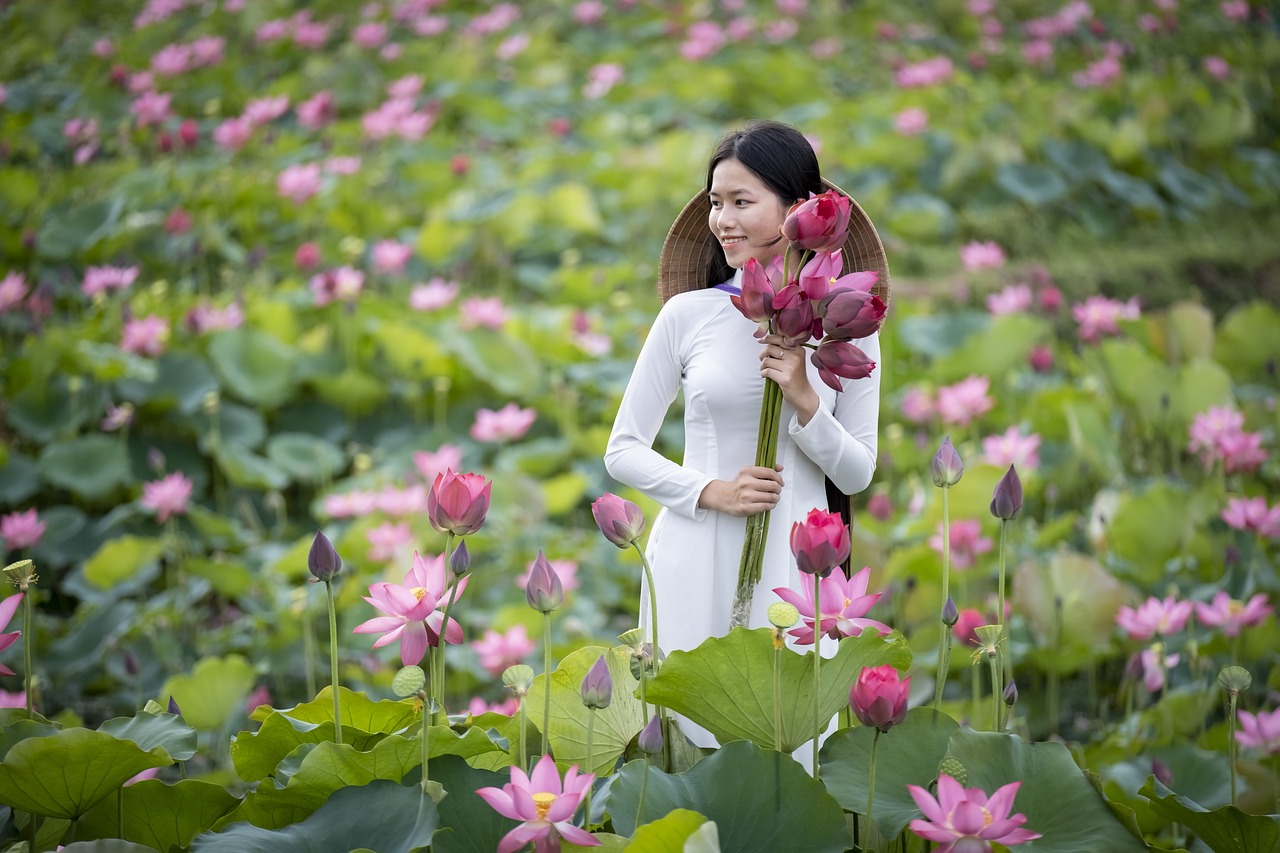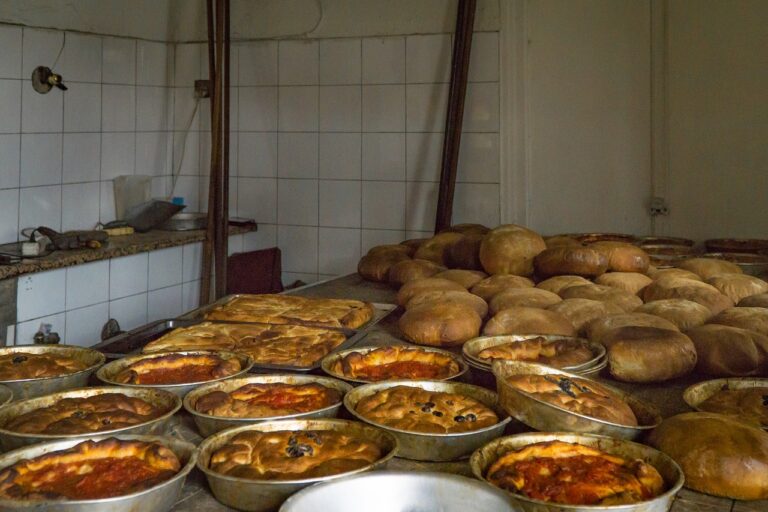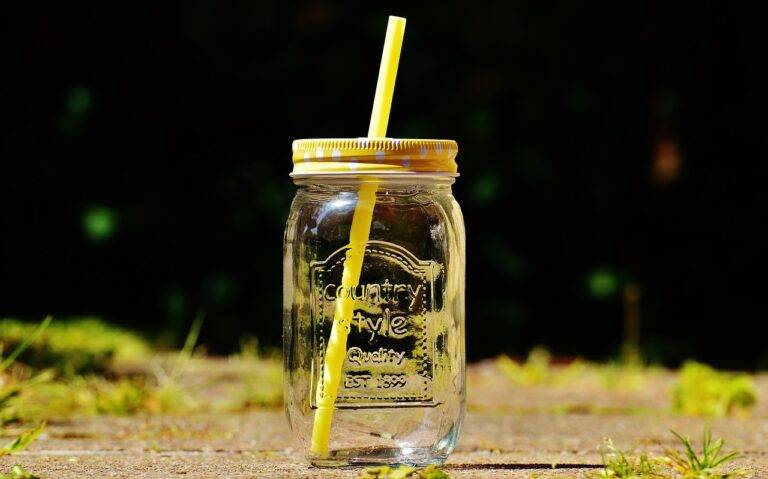The Role of Tea in Traditional African Healing Practices: Lotus book 365, Play exchange 99, All panel.com
lotus book 365, play exchange 99, all panel.com: Tea has been an essential part of traditional healing practices in many African cultures for centuries. From North Africa to Southern Africa, tea plays a significant role in rituals, ceremonies, and everyday life. In this blog post, we’ll explore the fascinating role of tea in traditional African healing practices.
The History of Tea in Africa
Tea was first introduced to Africa by Arab traders in the 17th century. Over time, tea became integrated into various African cultures and traditions, each with its unique way of preparing and consuming the beverage. In many African societies, tea is seen as a powerful medicine that can heal both the body and the spirit.
Tea as a Healing Elixir
In traditional African healing practices, tea is used to treat a wide range of ailments, from common colds to more serious illnesses. Herbal teas made from indigenous plants are believed to have healing properties that can help restore balance and harmony to the body. Tea is also used to cleanse the body of toxins and impurities, promoting overall health and well-being.
Tea in Spiritual Healing
Tea is not just used for physical healing but also plays a crucial role in spiritual healing practices. In many African cultures, tea ceremonies are conducted to communicate with ancestors, spirits, and deities. Tea is believed to have the power to connect humans with the spiritual world and gain insights and wisdom from the beyond.
Tea as a Symbol of Unity
Tea is often shared among family members, friends, and community members in African societies. In many cultures, the act of sharing tea is seen as a symbol of unity, hospitality, and friendship. Tea ceremonies are used to celebrate important occasions, forge bonds between people, and strengthen social ties within the community.
The Art of Making African Tea
The preparation of African tea is an art form in itself. Different cultures have their unique methods of making tea, using an array of herbs, spices, and other ingredients. Tea is often brewed slowly over a fire or on a stovetop, allowing the flavors and medicinal properties of the herbs to infuse into the water. The end result is a fragrant, flavorful brew that is both soothing and invigorating.
Tea as a Cultural Heritage
Tea holds a significant place in African cultural heritage, passed down through generations from ancestors. Many African healing practices involving tea have been preserved and continue to be practiced today. Tea is not just a beverage in traditional African societies but a symbol of tradition, spirituality, and cultural identity.
FAQs
1. What are some common herbs used in African healing teas?
African healing teas often contain herbs such as rooibos, lemongrass, mint, ginger, hibiscus, and moringa, among others.
2. How is tea used in traditional African healing ceremonies?
Tea is often used in ceremonies to cleanse the body, communicate with spirits, and promote healing and well-being.
3. Is African tea only used for healing purposes?
While tea is primarily used for healing in traditional African practices, it also serves as a social and cultural beverage shared among family and friends.
In conclusion, tea holds a special place in traditional African healing practices, serving as a powerful medicine for the body, mind, and spirit. Through tea ceremonies, healing brews, and shared traditions, African cultures continue to honor the ancient art of tea-making and its profound significance in everyday life.







